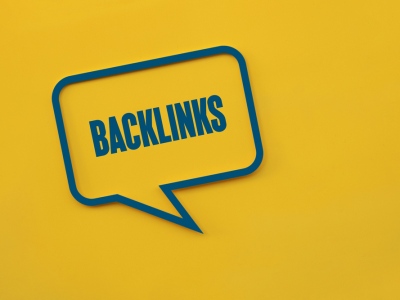When search engine optimization — “SEO,” for short — first became important in digital marketing, it mattered the most to the biggest companies. Back in those days, online shopping and in-person purchases competed but were not too connected in other ways. Search results were the same in Tucson as they were in New York City, and certain types of local shops didn’t have to know what SEO was at all.
Now, times have changed. These days, location in SEO is everything, and local shops live and die by their location-specific SEO. We’re long past the days when local businesses could afford to ignore digital marketing. Here’s what you need to know.

A brief history of SEO
When Google first burst onto the scene, the internet was still relatively young. Search engines — including both Google and competitors like AskJeeves and AltaVista — were tackling the relatively new task of making sense of all of the pages on the web. The idea was simple: folks could ask these search engines to find them something on the internet and the search engines would respond with a list of websites that fit the criteria.
It wasn’t too long before big businesses realized that being higher up on the search engine results page (SERP) meant getting more customers. A top ranking for a popular keyword was worth real money then, just as it is now. So the art of making a web presence as friendly as possible to search engines was born. That art is search engine optimization, of course, commonly referred to as SEO.
For a while, SEO mattered more to big companies that sold things online. But then came local search. Google began to give searchers results that were tailored to their local area, and suddenly local businesses needed to compete with each other in SEO just as big businesses did. By the late 2000s, customers were relying on search engines instead of phone books to plan local shopping trips or hire local professionals.
Local search became even more important with the rise of mobile search. We’ve come a long way from the early days of smartphones: today, the vast majority of Americans have smartphones. They use those phones to perform searches while on the go, and searches for local goods often end with purchases at local stores.
Crafting the right regional SEO presence
All of this local searching means that local businesses have to work hard to achieve and maintain great SEO. Just as a prime spot on Main Street once helped businesses boost sales of goods and services, a prime spot on the SERP now means the difference between being the least and most popular business of your kind in town.
Mastering local search SEO means making sure your business is listed on the major search engines and map apps. It’s like being in the Yellow Pages—which actually is a search engine and map site now—but for the modern era. It also means getting the right keywords, focusing not just on the services or goods being sold but on the location and target audience, as well.
Mastering local SEO takes a lot, but business owners don’t have to worry too much about nuts and bolts of things. They just need to turn to consultants and contractors who specialize in SEO. Turn to local companies: if your business is in Denver, for instance, check out Denver SEO companies. A good SEO firm will help you revamp your business’ web presence in ways that gives customers a convenient and unified experience while also pleasing the emotionless computer programs that determine where your site will rank with the major search engines.










Comments